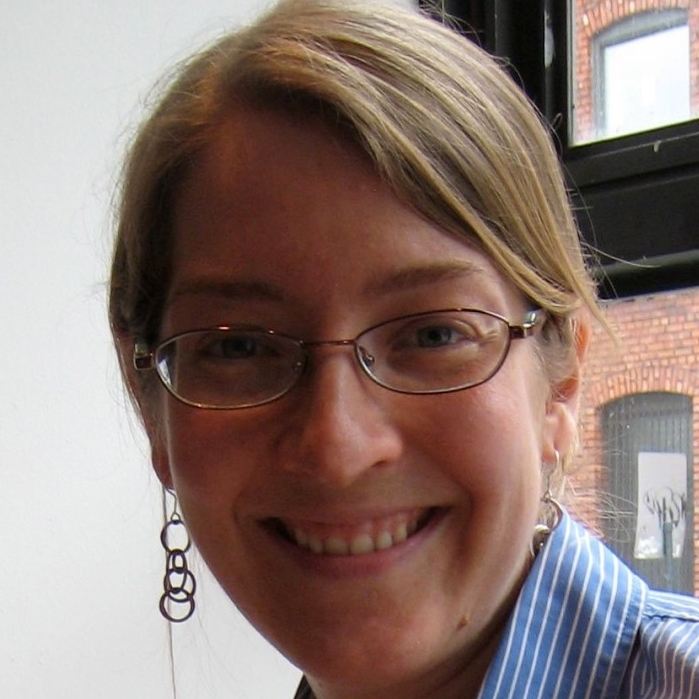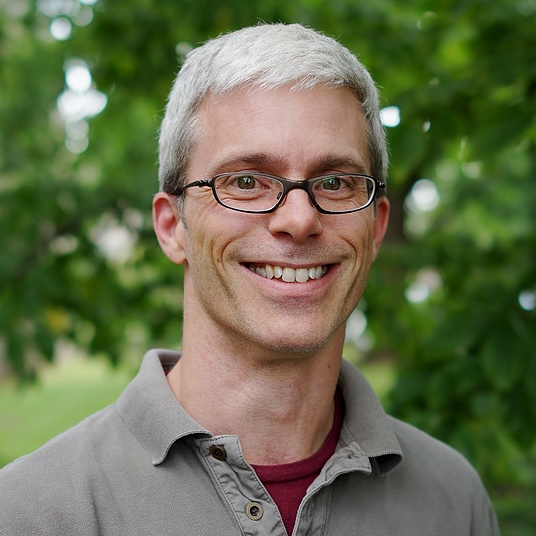ECOLOGY, EVOLUTION, AND BEHAVIOR
Focus Group: VT Stream Team
Focus Group: Integrative Organismal Biology (IOB)
Interdepartmental Program: Interfaces of Global Change
Faculty Members and Research

Frank Aylward
Associate Professor of Biological Sciences
Microbial ecology, microbial diversity, genomics and metagenomics. Research in the lab focuses on understanding the processes that shape the structure and function of microbial communities.

Jeb Barrett
Professor of Biological Sciences
The influences of soils, climate variability, hydrology, and biodiversity on biogeochemical cycling from the scale of microorganisms to regional landscapes
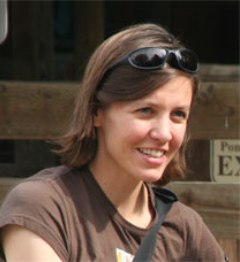
Lisa Belden
Professor of Biological Sciences
The role of community composition in disease dynamics, within two main systems: structure-function relationships in the amphibian microbiome and disease dynamics in freshwater trematode systems
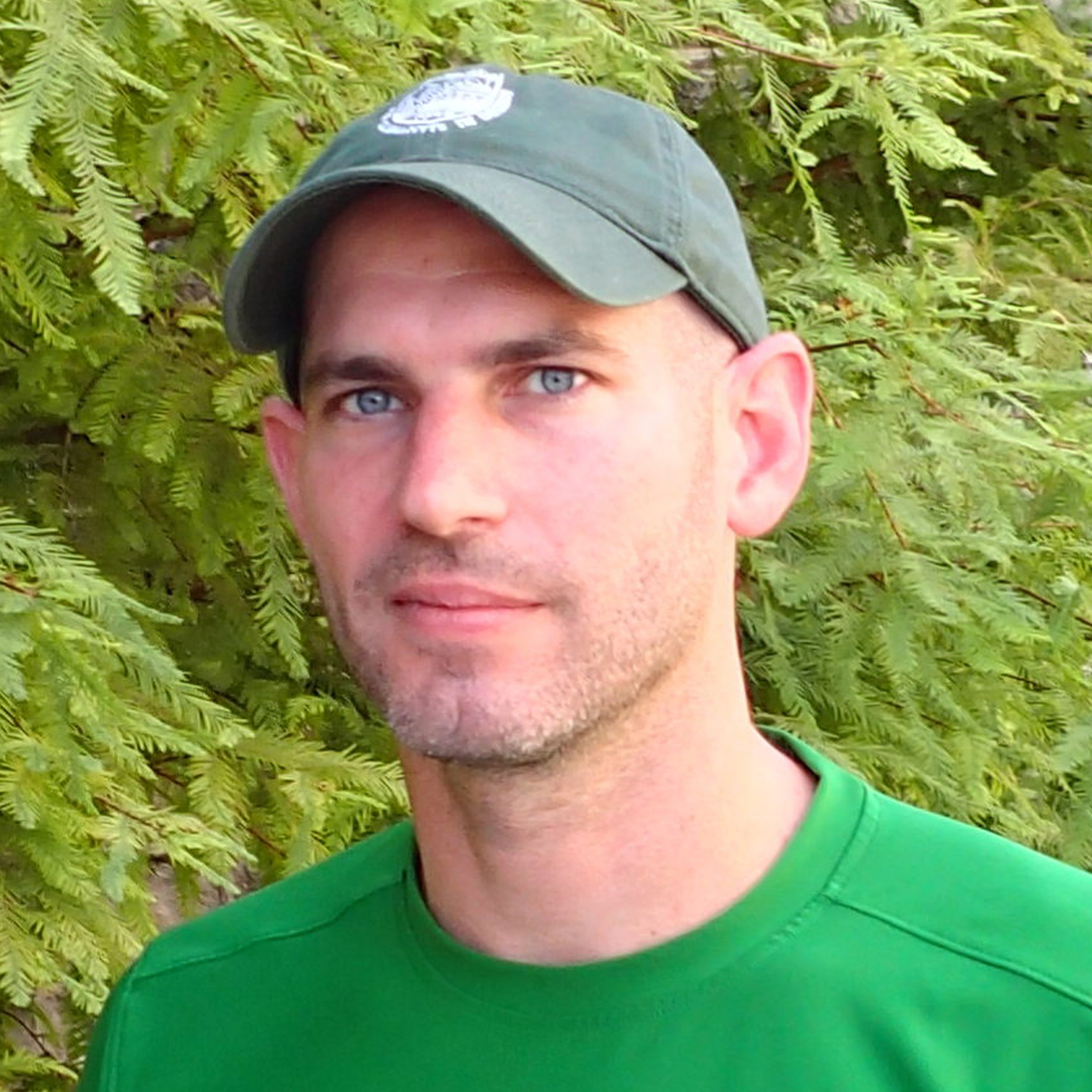
Bryan Brown
Associate Professor of Biological Sciences
Community ecology in aquatic systems: keystone mutalisms in streams; the metacommunity concept and stream ecosystems; the influence of habitat heterogeneity on community stability; isolated wetlands ecology and conservation; community assembly priority effects and disturbance; effects of perturbations on aquatic communities.

Cayelan Carey
Professor of Biological Sciences
The interactions between eutrophication, biogeochemical cycling, and plankton communities in changing lake ecosystems; interest in how local communities value and interact with their water resources, which has implications for water quality.
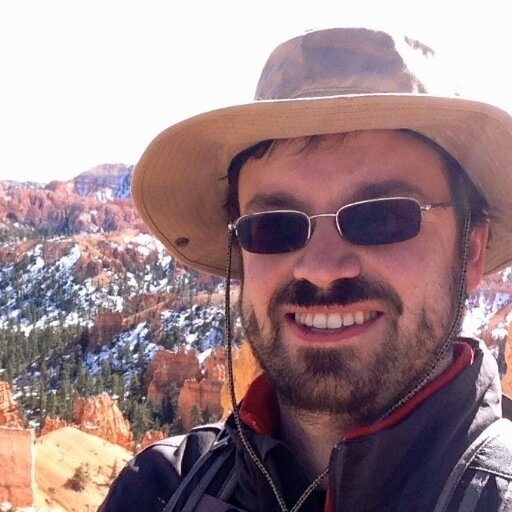
Jeremy Draghi
Associate Professor of Biological Sciences
You’ve probably been taught that evolution is a very slow process, yet we know of many examples in which organisms adapt very quickly. This rapid adaptation might be disastrous in the case of antibiotic resistance across a bacterial population or evolution of the HIV population within a person to evade treatment. Other time we might be rooting for rapid adaptation–helping a threatened species arrest a nosedive into extinction, for example, or allowing a parasite to infect and slow the spread of an invasive species. But how can we predict and understand what factors set the pace of adaptation? My lab tackles this question from a number of angles.

Valentina Gómez-Bahamón
Assistant Professor of Biological Sciences
Our lab integrates behavioral studies in the wild with genomic, phenotypic, biomechanical, and biogeographic analyses, to address questions about the evolution of animal behavior, its role in generating morphological diversity, and the origin and persistence of species. Our primary study system is birds in South America.

Austin Gray
Assistant Professor of Biological Sciences
My research priorities are focused on addressing questions related to environmental toxicology, primarily using physiological and ecological approaches to examine the impacts of legacy and emerging contaminants (PAHs, POPs, microplastics, nanoplastics, and pharmaceuticals) from anthropogenic influence and assessing their risk to a variety of freshwater and marine organisms.

Dana Hawley
Professor of Biological Sciences
The ecological and evolutionary mechanisms that underlie host susceptibility, pathogen virulence, and transmission; social behavior and disease, evolution of pathogen virulence in a novel host, causes and consequences of phenotypic immune variation.
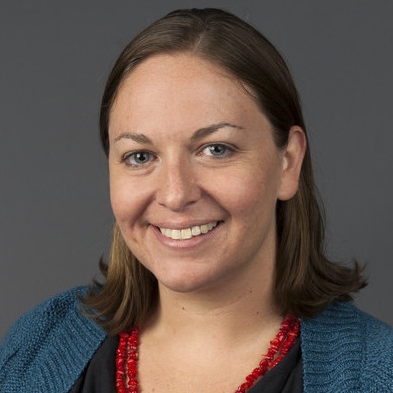
Erin Hotchkiss
Associate Professor of Biological Sciences
Stream and River Ecology, Limnology, Ecosystem Ecology; linking biological and physical processes with carbon and nutrient sources, cycling, and fate; quantifying effects of environmental change on water quality and ecosystem function; identifying patterns and consequences of terrestrial-aquatic connectivity within river networks; monitoring changing resources in freshwater food webs
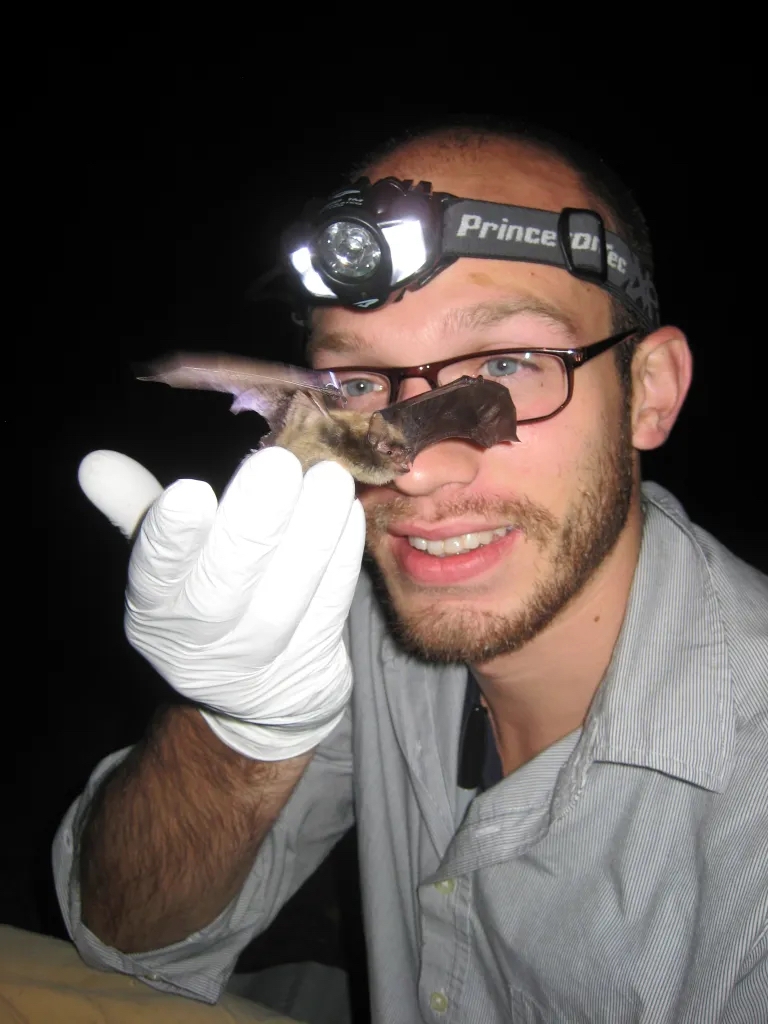
Joseph Hoyt
Assistant Professor of Biological Sciences
My research interests lie at the intersection of disease ecology and conservation biology. I have worked on both applied and basic research questions primarily in emerging infectious disease of wildlife. My current research projects are focused on understanding the global patterns of Pseudogymnoascus destructans transmission (the causative agent of white-nose syndrome), how hosts persist with infectious diseases in an endemic state, and exploring connections that lead to pathogen transmission within and among species.

Allie Igwe
Assistant Professor of Biological Sciences
Research in the Igwe Lab generally focuses on at least one of three topics: Life in Extreme Environments, Microbiome-Based Horticultural and Agricultural Improvements, or Soil Conservation, Remediation, and Regeneration.
We use a range of tools from ecology, microbiology, and molecular biology to answer fundamental questions about how organisms exist in otherwise inhospitable habitats and apply that knowledge to improve the health of people and the planet.
Leah Johnson
Affiliated Faculty Member; Assistant Professor of Statistics, Virginia Tech
Methods for statistical -- particularly Bayesian -- inference and validation for mechanistic mathematical models of biological systems; Impacts of environmental drivers, population structure, and individual level dynamics and heterogeneity on the spread and control of infectious diseases, including vector-borne disease

Kate Langwig
Associate Professor of Biological Sciences
The ecology and evolution of host-pathogen interactions; heterogeneity in susceptibility, vaccine effects, pathogen dose, and infectiousness, and their implications for transmission and disease impacts; disease as a driver of species extinctions; seasonality and pathogen transmission

Roberto Márquez
Assistant Professor of Biological Sciences
Our research focuses on understanding the molecular underpinnings of phenotypic evolution, especially with regard to complex traits. Our main research program takes an organism-centered approach to investigate the evolution of aposematic coloration and extreme toxicity in poison frogs, especially the genus Phyllobates. Integrative approaches are essential for a rigorous understanding of biological phenomena. Our research draws from a variety of computational and experimental perspectives across the biological sciences, including genomics, population genetics, systematics, developmental biology, molecular physiology, high-throughput biological imaging, and genome editing. Therefore, an important portion of our research program is focused on developing tools and resources to establish poison frogs as a model system in integrative biology.
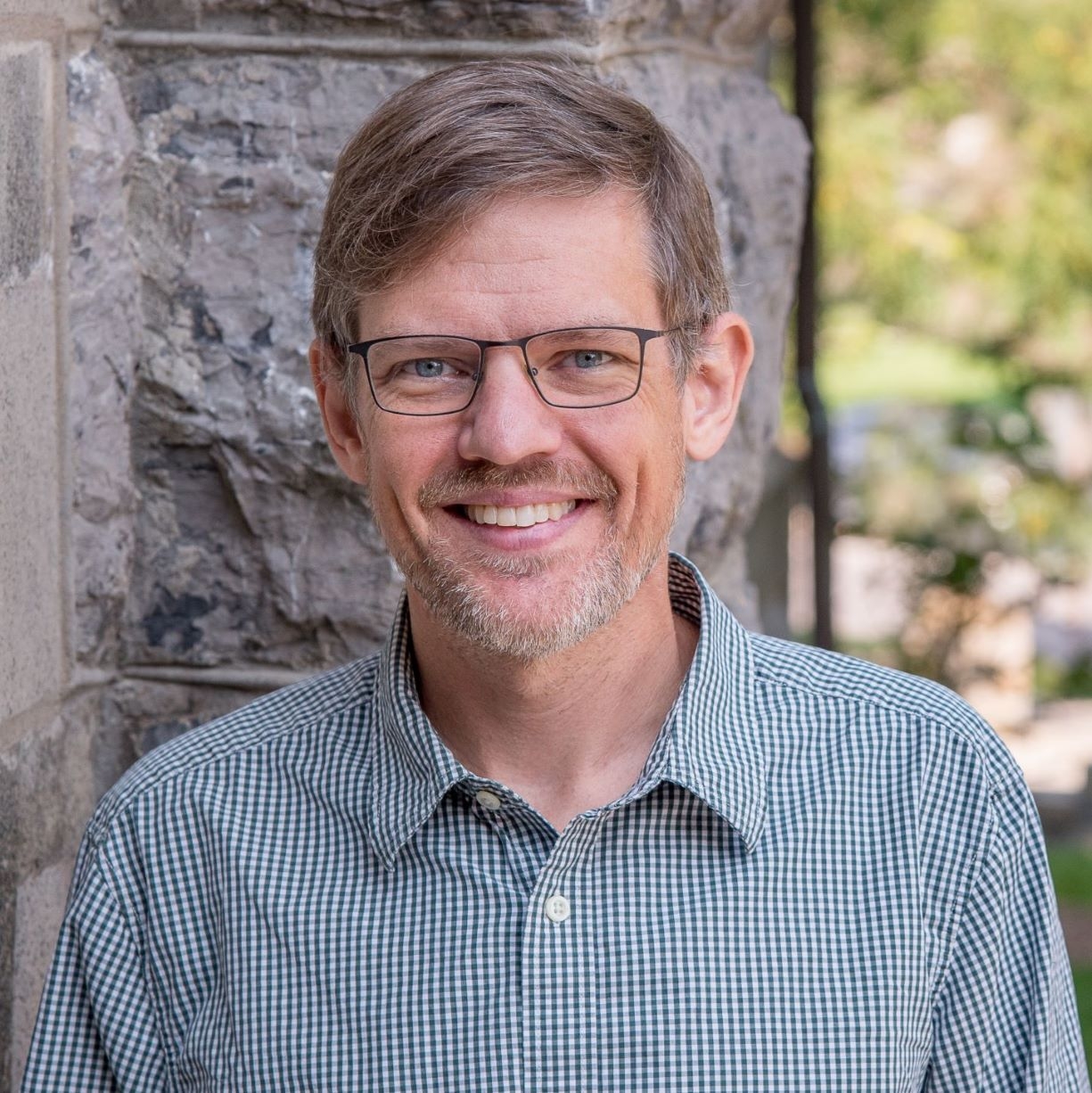
Joel McGlothlin
Associate Professor of Biological Sciences
The evolution of complex phenotypes, with a particular interest in the evolution of phenotypic integration; how natural selection shapes groups of traits to produce well-adapted organisms; using empirical and theoretical approaches and incorporate ideas and techniques from diverse fields, including evolutionary genetics, behavioral ecology, and physiology.
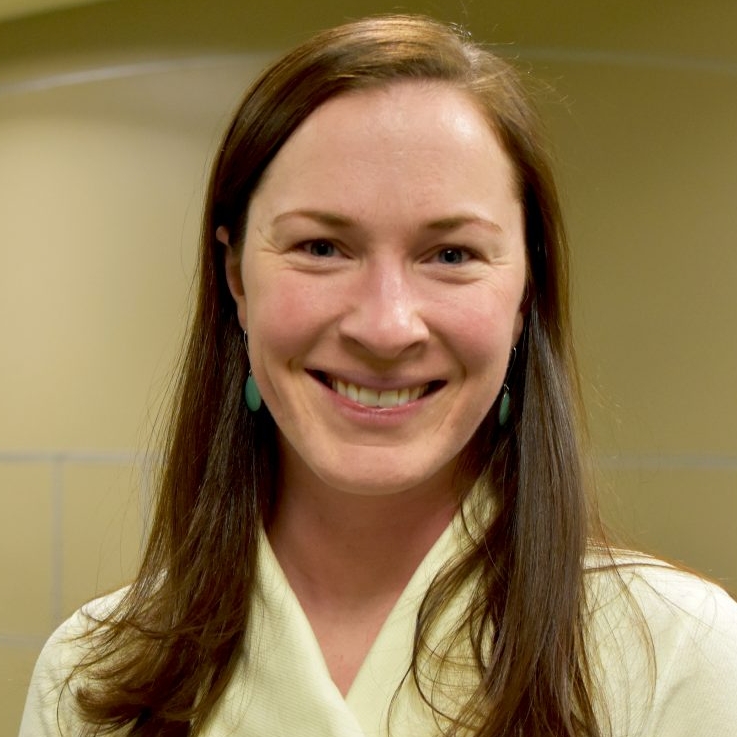
Meryl Mims
Associate Professor of Biological Sciences
How species’ traits and the environment interact to influence community and population structure of aquatic organisms. Bridging fundamental work in freshwater population and community ecology with applied conservation and management needs using a range of approaches, from population genetics to community and landscape ecology.
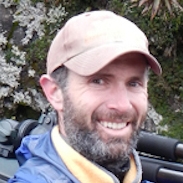
Ignacio Moore
Professor of Biological Sciences
Physiological and behavioral adaptations to unique environments; behavioral endocrinology, physiology, and ecology of tropical birds; interactions between stress and reproduction in reptiles and amphibians.
Jen Moss
Assistant Professor of Biological Sciences
Research in the Moss Lab leverages integrative approaches to explore the evolution and ecology of behavior, as manifest through the lens of sexual and parental behaviors. Projects involve native amphibians and reptiles and span two major themes:
- How sex differences in behavior shape demographic (i.e., reproductive rates) and evolutionary (i.e., sexual selection) responses to climate change
- How diversity in animal parental behaviors and their underlying mechanisms (i.e., hormonal, neural, and genetic pathways) informs our understanding of the evolutionary origins and diversification of parental care

Kendra Sewall
Associate Professor of Biological Sciences
Animal behavior and neurobiology; how neural and behavioral processes - and the environmental and developmental factors that impact those processes - contributed to animals' survival and reproductive success
Jake Socha
Affilated Faculty Member; Associate Professor of Biomedical Engineering and Mechanics, Virginia Tech
The Socha Lab studies the biomechanics of animals. They focus on how animals deal with fluids, both in locomotion (e.g., flight) and internally (e.g., circulation).
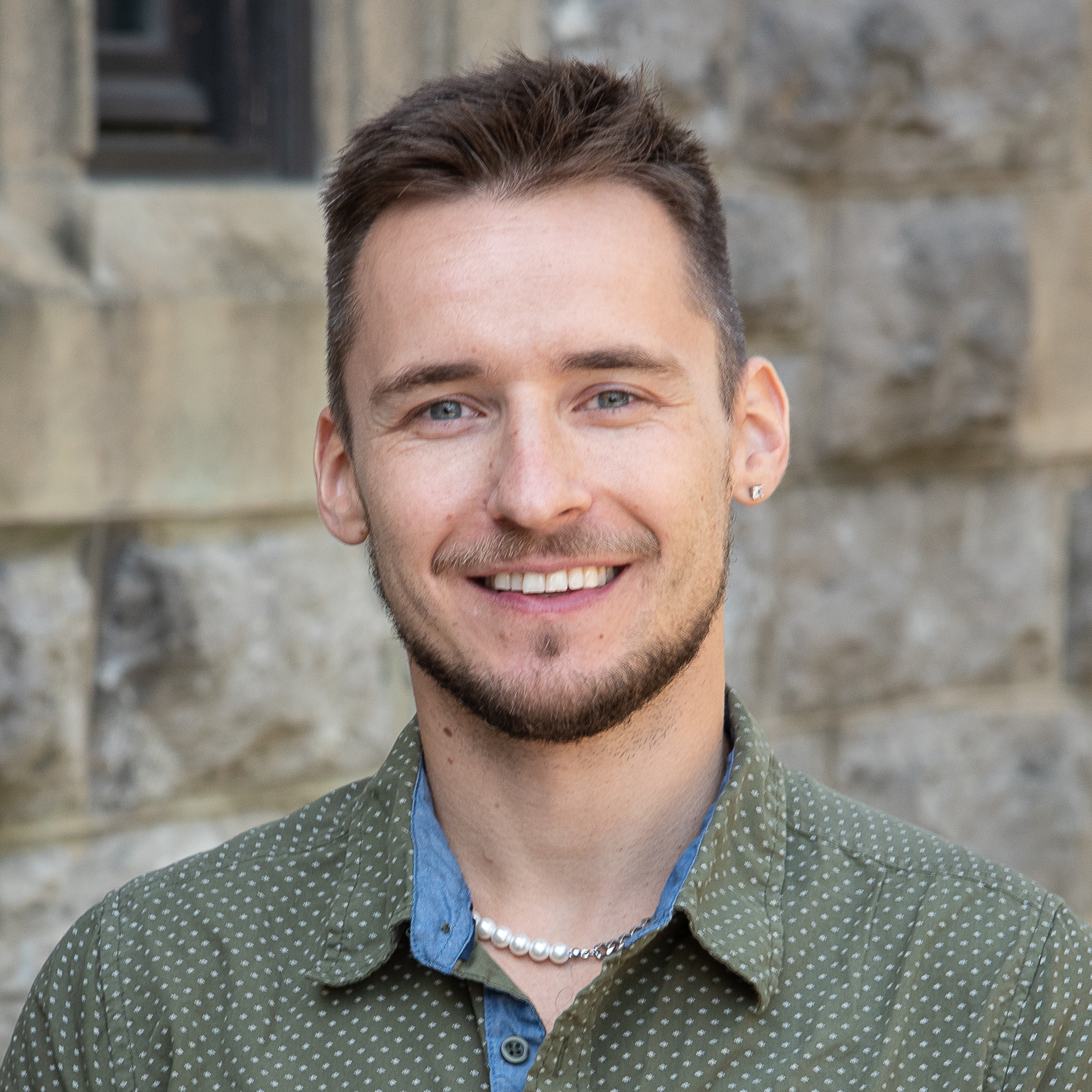
Anton Suvorov
Assistant Professor of Biological Sciences
We are a Computational Biology lab that focuses on methods’ development and inference in evolutionary biology and specifically in phylogenetics. We strive to understand how different organisms evolve over long time periods by making meaningful inferences about their evolutionary histories using state-of-the-art approaches of machine learning
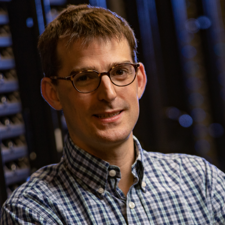
R. Quinn Thomas
Associate Professor, Biological Sciences; Associate Professor, FREC
Ecosystem Dynamics and Forecasting
- Ecosystem: We study the forest and freshwater ecosystems upon which society depends
- Dynamics: We model how ecosystems change over time in response to land-use, climate change, atmospheric deposition, and management. We measure carbon, water, and energy exchange between ecosystems and the atmosphere using eddy-covariance and biometeorology sensors.
- Forecasting: We predict the future of ecosystems by combining observations and ecosystem models using statistical techniques.
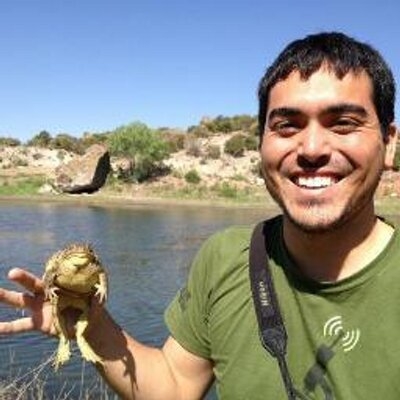
Josef Uyeda
Associate Professor of Biological Sciences
The Uyeda Lab uses the tree of life to understand how biological processes give rise to the large-scale, macroevolutionary patterns of diversity. We use a combination of methods development, theoretical work and empirical studies to synthesize data on trait evolution across scales (e.g. microevolutionary studies, paleontological data and phylogenetic comparative data) to obtain a better understanding of the causal drivers of long-term evolutionary change.
Jeff Walters, Harold Bailey Professor, Biological Sciences.

Jeff Walters
Harold Bailey Professor of Biological Sciences
Evolution of cooperative breeding in birds; ecological basis of sensitivity to habitat fragmentation; evolution of social behavior and life history in birds and primates; dispersal behavior; conservation of endangered birds
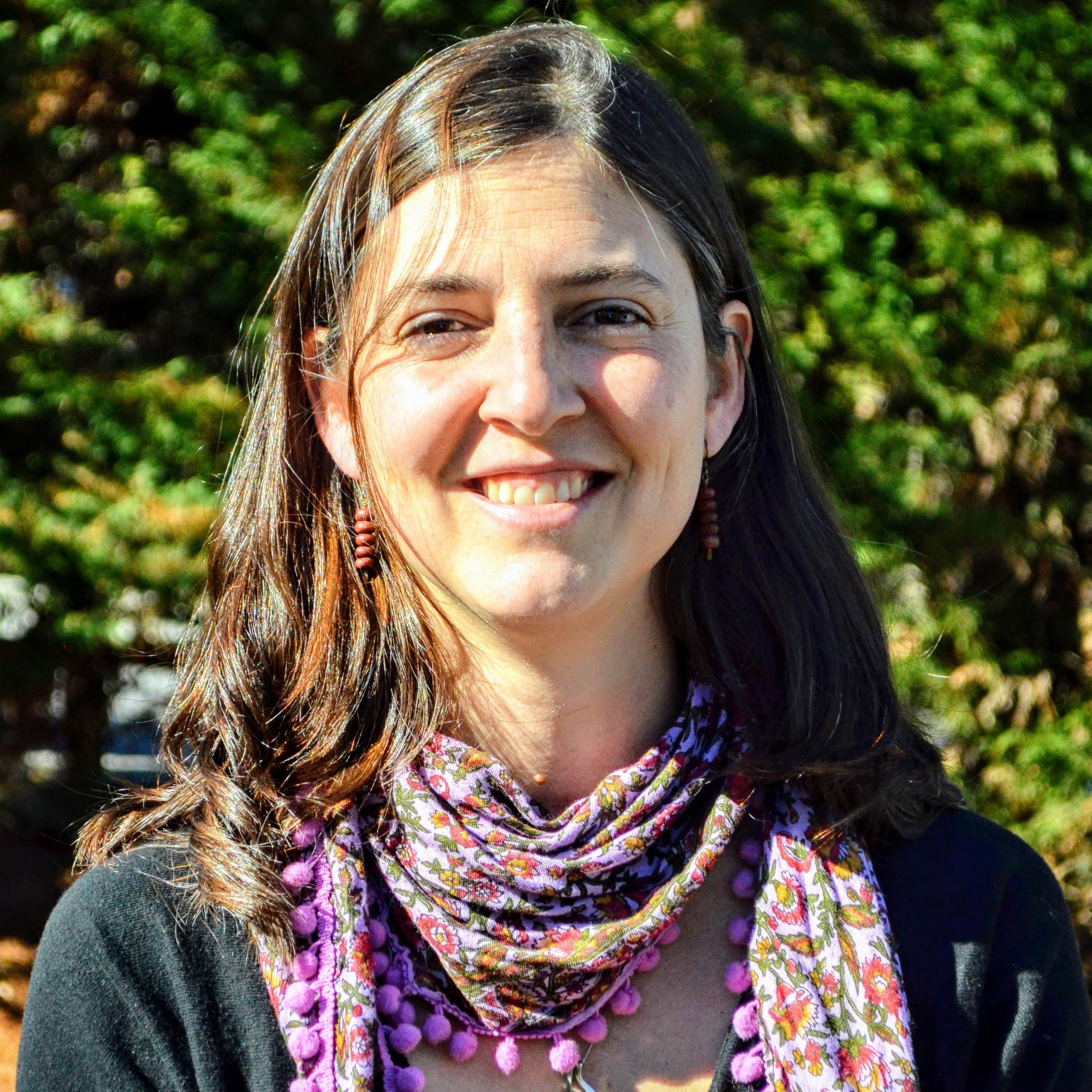
Susan Whitehead
Associate Professor of Biological Sciences
Plant evolutionary responses to multi-species interactions; chemical ecology of seed dispersal and fruit defense; domestication and plant defense; agricultural applications of chemical ecology



